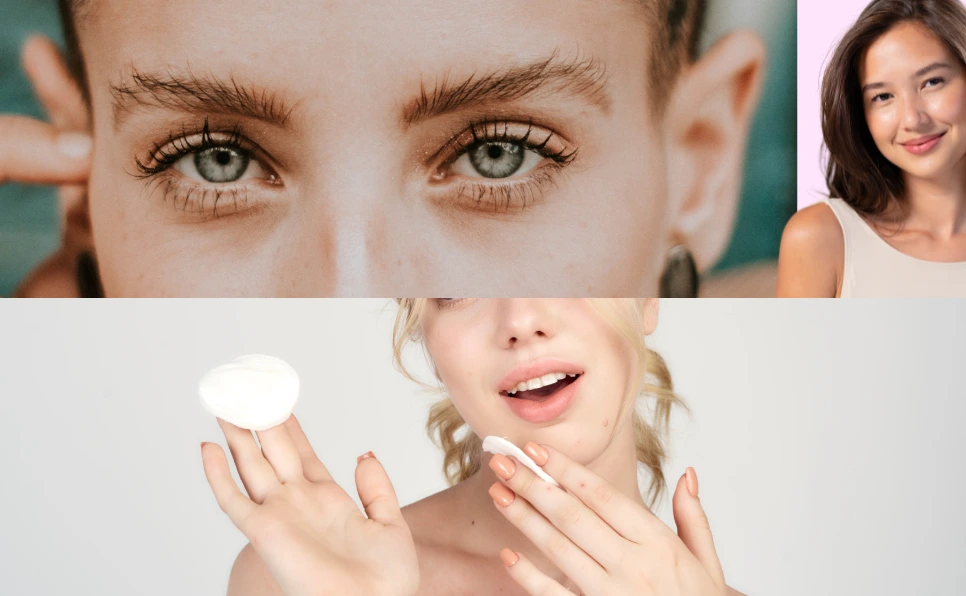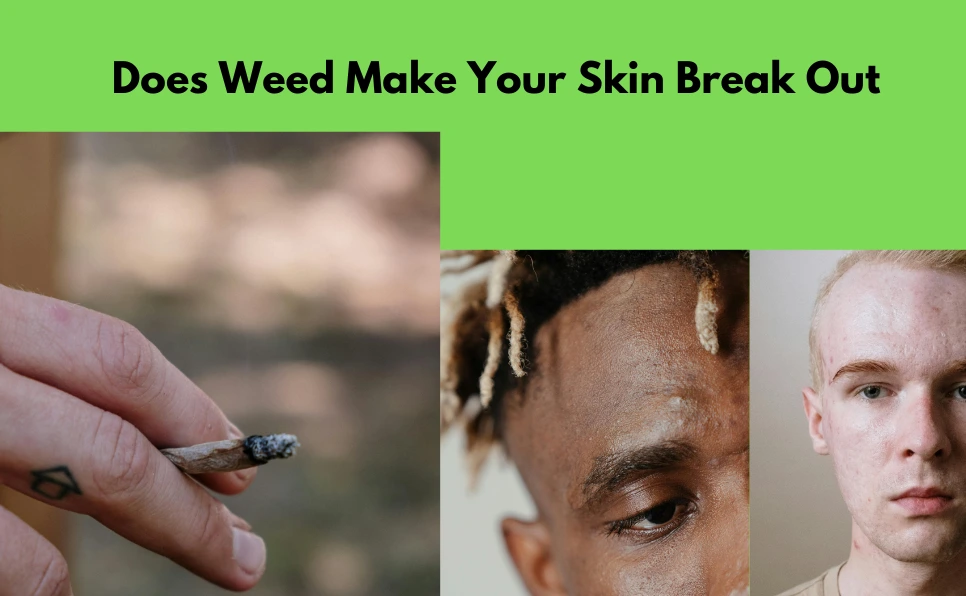
Understanding Melanin's Role in Skin Pigmentation
Melanin is a natural pigment in our skin that gives it color. The larger the amount of melanin in one’s skin, the darker it becomes. It protects the skin from the sun’s harmful UV rays when you go outside. People with higher amount of melanin are less likely to get sunburned, but everyone should protect their skin by applying sunscreen or staying in the shade.
Reducing melanin in the skin permanently with natural is very hard, but if you keep doing it, it’s possible.
How Melanin Production Works
Melanin is made by special cells in our skin called melanocytes. These cells produce melanin when the skin is exposed to sunlight. When there is more sunlight, more melanin pigment is made to ensure that the skin is healthy without any sunburns.
This explains why we observe skin tanning due to the sun. Melanin also affects our skin, hair, and eye pigmentation. People with darker skin have higher quantities of melanin than one who has lighter skin. Everyone produces melanin, but the amount can vary from person to person.
Temporary vs permanent reduction methods
Temporary Methods:
For a little while, the application of certain creams or lotions for a short time.
Effects last only as long as you keep using them.
Common for lightening skin temporarily or for special occasions. Permanent Methods: Treatments like laser therapy.
permanently reduce melanin:
These methods are long-lasting but may require multiple sessions.
Results can be permanent, but this should always be discussed with a physician beforehand.
Always prioritize safety with any skin treatment.
How to Reduce Melanin Prodution in Skin Permanently Naturally
Naturally reducing the excess melanin is not an easy task, but there are some natural remedies that can possibly lighten skin some shade over a certain period of time.
- Aloe Vera: Applying aloe vera on a regular basis has been known to moisturize the skin and may even lighten the amount of melanin present in the skin.
- Turmeric is known for its skin-bleaching natural powder and, as such, can be used along with milk or honey to apply.
- Lemon Juice: Its vitamin C may help lighten skin naturally, but be careful as it can irritate.
- Sunscreen: Applying sunscreen helps in avoiding the overexposure of the skin to the sun. and protecting your skin from sunlight can prevent melanin increase.
Results vary, and permanent changes are rare. Naturally
How to Reduce Melanin Production in Skin Permanently by Eating
Simply consuming such foods can’t help lower one’s melanin levels permanently. There are some foods that, if taken consistently, may help lighten skin over time:
- Tomatoes are rich in antioxidants like lycopene, which is useful to reduce sun damage
- Oranges and lemons contain high amounts of vitamin C, which helps brighten the skin.
- Carrots They have beta-carotene that is good for skin health.
- Green Tea: The antioxidants in green tea are used in skincare products to reduce the damage caused by UV rays.
The consumption of such foods over time may help improve the quality of the skin, but it is not possible to reduce the levels of melanin permanently without the assistance of medical treatments.
How to Reduce Melanin in Skin Permanently at Home
Reducing melanin in the skin permanently in the skin at home is hard, but it is possible to use some techniques that will gradually, naturally lighten. For example, use natural remedies like aloe vera, lemon juice, and turmeric, which are known to reduce pigmentation over time.
Sunscreen is important to protect your skin from harmful UV rays, which increase melanin production. Drinking plenty of water for hydrating and eating fruits rich in vitamin C also helps too. Be prepared to wait for a long time, as these are natural approaches. Always do a patch test before using these remedies to prevent any irritation.
How to Reduce Melanin in Skin Permanently by Eating Fruit
Eating certain fruits can help improve skin tone over time, but they won’t permanently reduce melanin.
- Oranges: Contains vitamin C, which helps in improving the skin tone.
- Papayas contain enzymes that may lighten dark spots.
- Lemons: The vitamin C and acidic content of lemons help to lighten the skin.
- Pineapples: Full of vitamin C and antioxidants that may help reduce melanin production.
Even as these fruits aid in achieving better and clearer skin, one has to seek medical attention if they want a long-term solution to reducing melanin levels—for instance, medical treatments like laser therapy.
Precautions and Aftercare
Precautions:
- Consult a Doctor: It is advisable to seek an expert opinion before starting any treatment.
- Conduct Patch Test: Always check for allergic reactions on the skin by applying the product to a small surface area.
- Avoid Sun Exposure: Stay out of the sun, as treatments can make your skin more sensitive.
- Use sunscreen: Sun rays can be harmful at any time; therefore, apply sun protection factors to the skin whenever going out.
Aftercare:
- Moisturize: Keep your skin hydrated to help healing.
- Avoid Harsh Products: Use gentle skincare products to avoid irritation.
- Follow Doctor’s Advice: Follow any aftercare provided by the doctor to enhance for best results.
Related Posts

Can Weed Make Your Skin Break Out?
As marijuana becomes more accepted by society, more discussions are…
